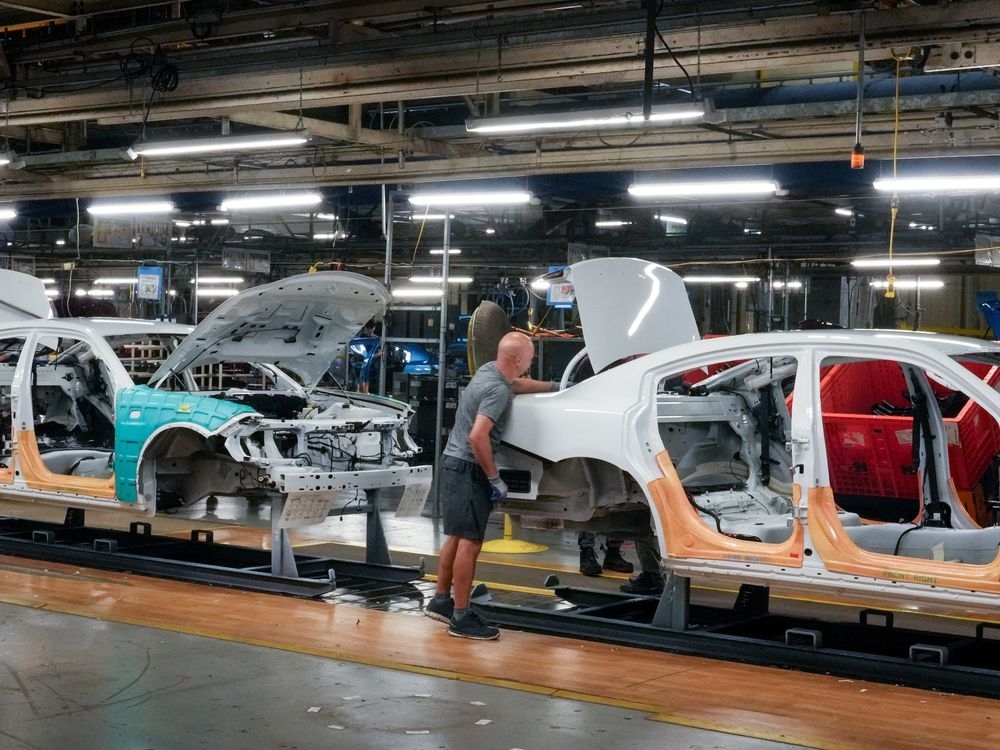
Article content
Given that no Liberal or Conservative government has ever hit a single greenhouse gas emissions target it has set, are Prime Minister Justin Trudeau’s targets for the sale of electric vehicles in Canada any more realistic?
Article content
A recent major study of Canadian consumer attitudes about EV vehicles by J.D. Power Canada found two-thirds of respondents (66%) are unlikely to consider an EV vehicle for their next purchase.
Article content
“Despite current legislation that is pushing hard for EV adoption, consumers in Canada are still not sold on the idea of automotive electrification” said J.D. Ney, director of automotive practice at J.D. Power Canada.
“Growing concerns about affordability and infrastructure (both from charging and electrical grid perspectives), have caused a significant decline in the number of consumers who see themselves in the market for an EV anytime soon.”
The J.D. Power study found, despite multi-billion-dollar public subsidies being offered to potential car buyers and makers of EV cars and batteries, consumer interest in purchasing them has dropped by 13 percentage points to 34% this year, compared to 47% in 2022.
Article content
The major concerns for Canadians unlikely to purchase EVs are “range anxiety”, meaning limited driving distance per charge (63%); purchase price, EVs cost more than comparable internal combustion engine vehicles (59%); and lack of charging stations (55%).
While sales of electric vehicles have been rising annually in Canada, they will have to double within three years to meet the Trudeau government’s target of 20% of all new vehicles offered for sale in 2026.
Four years after that in 2030, the target is 60% and five years later in 2035, 100%.
As we have seen with greenhouse gas emissions, targets are only meaningful if they’re realistic and achievable.
Otherwise the setting of such targets becomes a farce — which is what has happened in Canada with both Liberal and Conservative governments missing every emission reduction target they’ve set over 35 years, beginning in 1988.
The problem here is that our federal and provincial governments, through massive public subsidies, are betting billions and billions of public dollars on Canadians being willing to buy cars that are more expensive, with less range, and harder to fuel than the ones they have now.
That’s some gamble.